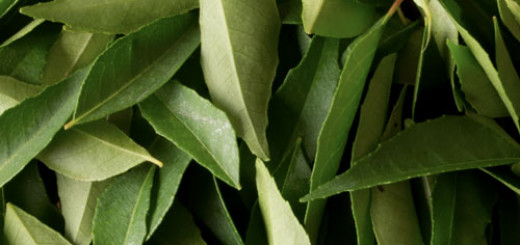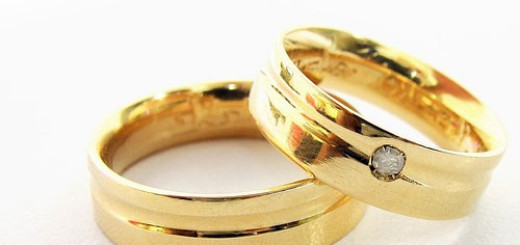6 Health Benefits of Japanese Food
4. Buckwheat flour
The Japanese add a lot of buckwheat flour which immensely helps in the digestion process. It includes minimum amount of starch and contains no traces of white flour and is an ideal choice to make noodles. Noodles made out of buckwheat flour, called the soba are digested quickly compared to noodles made from white flour.
5. Vegetables
The Japanese diet also has a lot of vegetables in it. Mostly it is in a thick broth where a lot of vegetables are thrown in. Bamboo shoots, burdock, Chinese cabbage, pickled veggies, corn, daikon radish, eggplant, mushrooms, soybeans, sweet potato and green peppers are some of the vegetables that you can see in a Japanese meal.
6. Rice
Rice is not bad for your health when taken in proper quantities. The typical Japanese meal has rice as a staple and it still is one of the healthiest diets around. Rice provides the body with a rich source of carbohydrates and helps fill up your stomach.
Next time you go to a Japanese restaurant, don’t get shocked by the small portions of sushi that cost a bomb. They are really worth the money you are paying as it is healthy, cleanly made and a lot of effort goes into the presentation. Japanese people are also the ones who live the longest in the world, have the lowest obesity rates and have great skin and a lot of it has to do with their protein rich diet.





